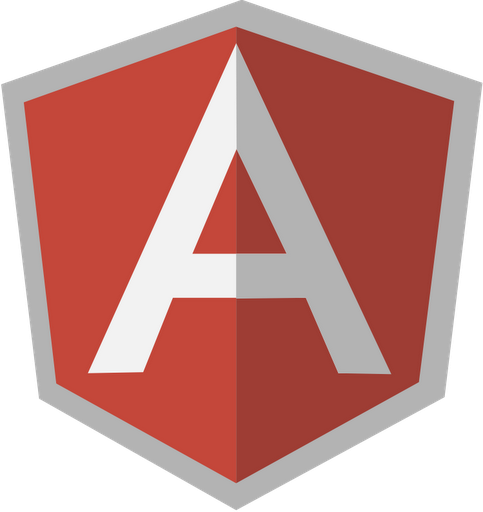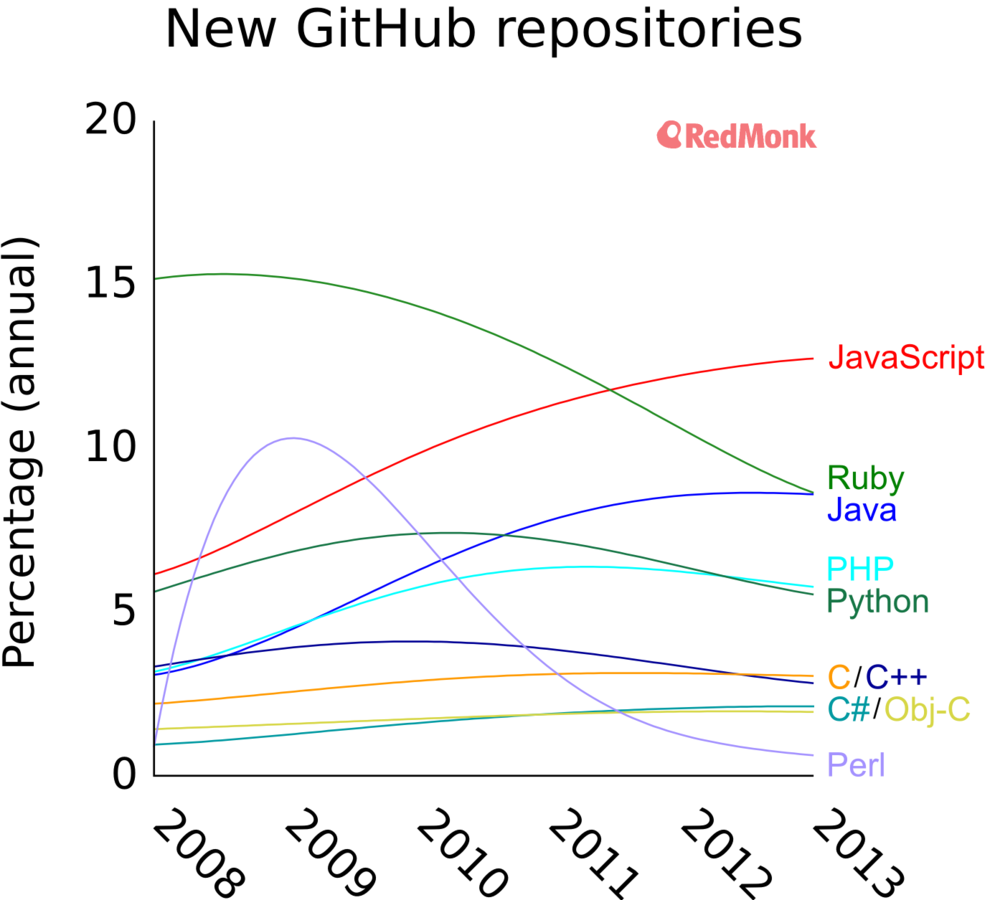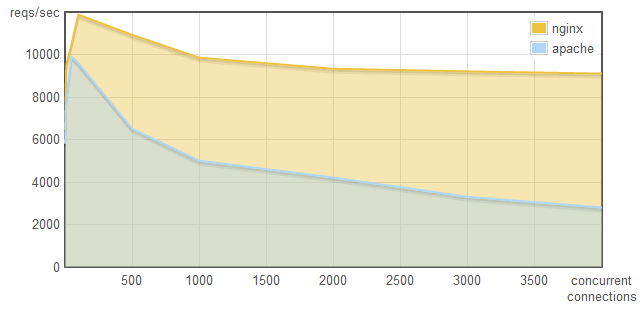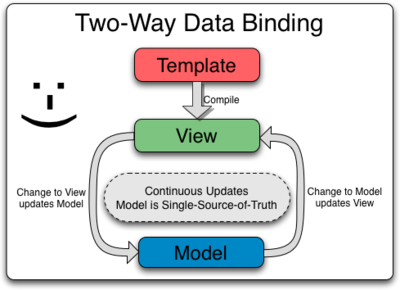
React+ Redux Training
-
intro
-
to do app
FULL STACK
Javascript
all javascript
JSON
{"__v":0,
"date":"2014-11-20T01:39:34.964Z",
"item":"drink sculpin",
"_id":"546d46569142b4887382f1c3"}{"__v":0,
"date":"2014-11-20T01:39:34.964Z",
"item":"drink sculpin",
"_id":"546d46569142b4887382f1c3"}{"__v":0,
"date":"2014-11-20T01:39:34.964Z",
"item":"drink sculpin",
"_id":"546d46569142b4887382f1c3"}
↓
↓


JAVASCRIPT
- Most ubiquitous
- JS runtime is on almost every PC/Smart Phone/Tablet

Javascript IS on the rise

source: http://adambard.com/blog/top-github-languages-2014/
New repos on GitHub by language
MANY HATS
MORE ROLES
FASTER MVP
Javascript resources
- JavaScript: The Definitive Guide (O'Reilly - Rhino)
- JavaScript: The Good Parts (Crockford)
- You Don't Know JS series (https://github.com/getify/You-Dont-Know-JS)

node.js
RUNTIME ENVIRONMENT FOR JAVASCRIPT

MONGO DB
NO SQL DATABASE

WEB FRAMEWORK FOR NODE

ANGULARJS
MVW FRAMEWORK for building spa

MEAN
IN DEPTH
NODEjs
- Event driven, non-blocking, single threaded
- Asynchronous programming
- Huge community (100k modules on npm registry)








Best FOR
- High I/O
- Lots of simultaneous connections
- Single Page Applications

Event driven vs multi-threaded web server
NOT GREAT FOR / CONS
- Cpu intensive applications (video encoding)
- Callback hell
further reading
node http server
var http = require('http');
http.createServer(function (req, res) {
res.writeHead(200, {'Content-Type': 'text/plain'});
res.end('Hello World. I am running node.js\n');
}).listen(1337);example.js
Running the server
% node example.jsINSTALLING NODE (mac os x)
% brew install nodeor
PACKAGE.JSON
{
"name": "intro-to-mean",
"main": "server/server.js",
"version": "0.0.1",
"scripts": {
"start": "grunt"
},
"dependencies": {
"body-parser": "~1.9.2",
"connect": "~3.3.3",
"express": "~4.5.1",
"ejs": "~0.8.5",
"lodash-node" : "~2.4",
"mongoose": "~3.8.19",
},
"engines": {
"node": "~0.10.32"
}
}
% npm installDEPENDENCY MANAGEMENT
1) "Check node_modules into git for things you deploy, such as websites and apps. Do not check node_modules into git for libraries and modules intended to be reused. Use npm to manage dependencies in your dev environment, but not in your deployment scripts."
{
"name": "A",
"version": "0.1.0",
"dependencies": {
"B": {
"version": "0.0.1",
"dependencies": {
"C": {
"version": "0.1.0"
}
}
}
}
}2) Use NPM Shrinkwrap
package.json
{
"name": "A",
"version": "0.1.0",
"dependencies": {
"B": "<0.1.0"
}
}
package B:
{
"name": "B",
"version": "0.0.1",
"dependencies": {
"C": "<0.1.0"
}
}
and package C:
{
"name": "C,
"version": "0.0.1"
}→
Express js
"Fast, unopinionated, minimalist web framework for node."
WHAT IT DOES
- Express provides a set of tools for easily interacting with HTTP requests and responses
- Adds middleware layers and routing to your api.
SINATRA INSPIRED
require 'sinatra'
get '/hi' do
"Hello World!"
endROUTING
var express = require('express');
var app = express();
app.get('/hi', function (req, res) {
res.send('Hello World!');
})
REVISED HTTP SERVER
var express = require('express'),
http = require('http');
var app = express();
app.get('/', function (req, res) {
res.send('Hello World. I am running node.js/express.');
});
http.createServer(app);
http.listen(1337);MIDDLEWARE
var app = express();
// a middleware with no mount path;
// gets executed for every request to the app
app.use(function (req, res, next) {
console.log('Time:', Date.now());
next();
});
// a middleware mounted on /user/:id; will be
// executed for any type of HTTP request to /user/:id
app.use('/user/:id', function (req, res, next) {
console.log('Request Type:', req.method);
next();
});
// a route and its handler function (middleware system)
// which handles GET requests to /user/:id
app.get('/user/:id', function (req, res, next) {
res.send('USER');
});third party middleware
var express = require('express'),
bodyParser = require('body-parser'),
var app = express();
// load the body parsing middleware
app.use(bodyParser.json());
// my controller middleware
this.create = function(req, res){
// read in user request in http body
newTodo.item = req.body.item;
// save newTodo item
};
TEMPLATING
EXPRESS SUPPORTS 14+ templates
app.set('view engine', 'ejs');
app.get('/', function(req, res) {
res.render('index.ejs');
});CALLBACK HELL

ASYNC
async.waterfall([
function(callback){
callback(null, 'one', 'two');
},
function(arg1, arg2, callback){
// arg1 now equals 'one' and arg2 now equals 'two'
callback(null, 'three');
},
function(arg1, callback){
// arg1 now equals 'three'
callback(null, 'done');
}
], function (err, result) {
// result now equals 'done'
});https://github.com/caolan/async
% npm install async --save
MONGODB
Benefits
- Well suited for Agile development
- Built to scale easily (auto-sharding)
Mongoosejs
var mongoose = require('mongoose');
var todoSchema = {
item : String,
date : Date
};
exports.model = function(mongoConnection){
return mongoConnection.model('Todo', todoSchema, 'todos');
};library for creating data model/validation
exports: Node uses commonjs (http://wiki.commonjs.org/wiki/CommonJS)
model/index.js
CRUD with MONGOOSEJS
var Todo = require('../models/').model(mongoConnection);
this.list = function(req, res){
Todo.find( { } , function(err, doc){
res.send(doc);
});
};controller/index.js
GET /items
READ
this.read = function(req, res){
Todo.find( { _id : req.params.idx },
function(err, doc){
res.send(doc);
}
);
};GET /items/:idx
{"__v":0,
"date":"2014-11-20T01:39:34.964Z",
"item":"drink sculpin",
"_id":"546d46569142b4887382f1c3"}{"__v":0,
"date":"2014-11-20T01:39:34.964Z",
"item":"drink sculpin",
"_id":"546d46569142b4887382f1c3"}{"__v":0,
"date":"2014-11-20T01:39:34.964Z",
"item":"drink sculpin",
"_id":"546d46569142b4887382f1c3"}
↓
↓


CREATE
this.create = function(req, res){
var newTodo = new Todo();
newTodo.item = req.body.item;
newTodo.date = new Date();
newTodo.save(function(err, doc) {
if(err)
throw err;
res.send(doc);
});
};Angular
- Modules
- Controllers
- 2-way data binding, $scope
- $http
Ideally suited for Single Page Applications
MODULES
<body ng-app='app'>
...
</body>html
app.js
angular.module("app",[ ]);CONTROLLERS
app.controller("todoController", function($scope){
$scope.greeting = "Hello World. This is my todo app";
})<body ng-app='app'>
<div ng-controller='todoController'>
<h1>{{greeting}}</h1>
</div>
</body>html template
app.js

SERVICES
$HTTP
$http.get('http://localhost:3245/item')
.success(function(result){
$scope.todos = result;
});
http post
$http.post('http://localhost:3245/item',
{item : todo.item})
.success(function(result){
console.log(result);
});code demo
PRE-REQS
- Install MongoDB
- Install node
SOME PARTING WORDS
YOU DON'T HAVE TO BE MEAN.
- MongoDB -> CouchDB, Cassandra
- Express -> Koa, Hapi, RESTify
- Angular -> Backbone, Ember, Polymer, Web components
- Node -> Go, Ruby
Questions?
@edatrero


github.com/eatrero